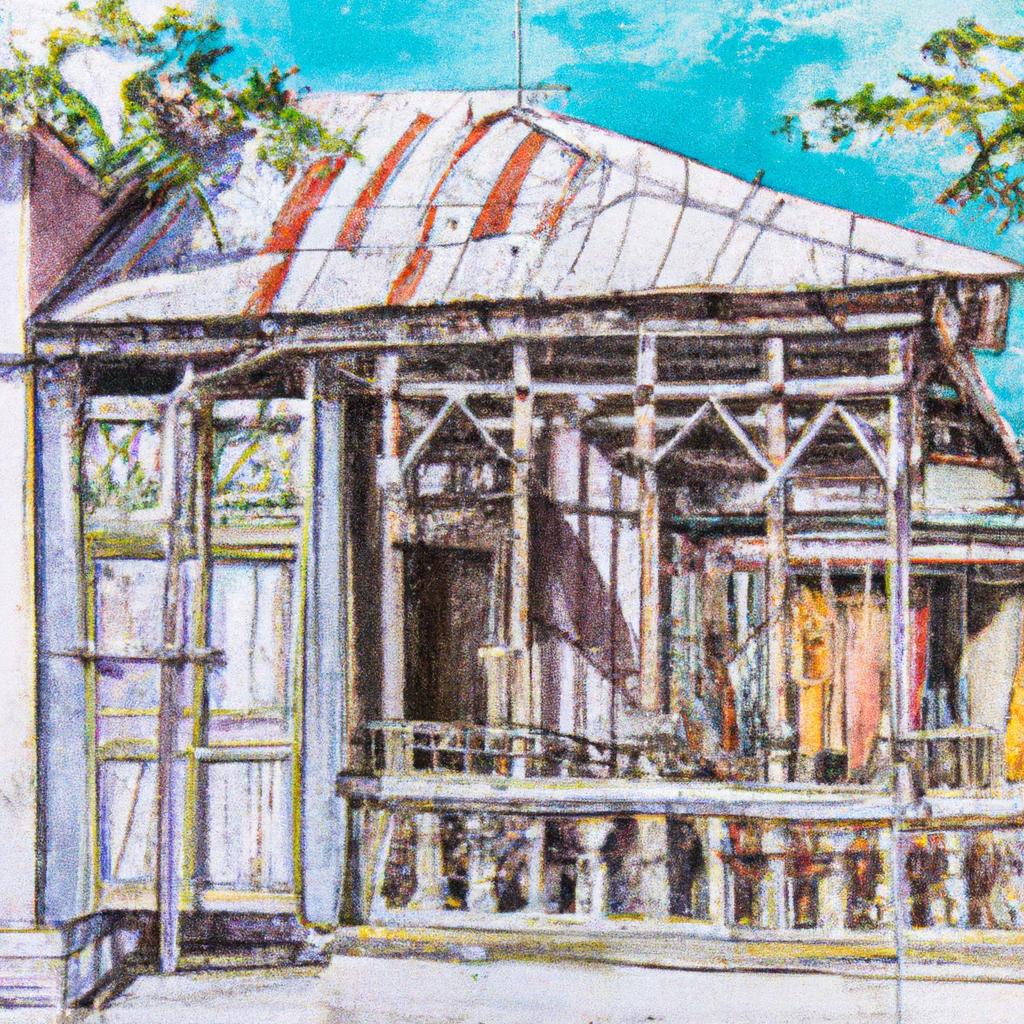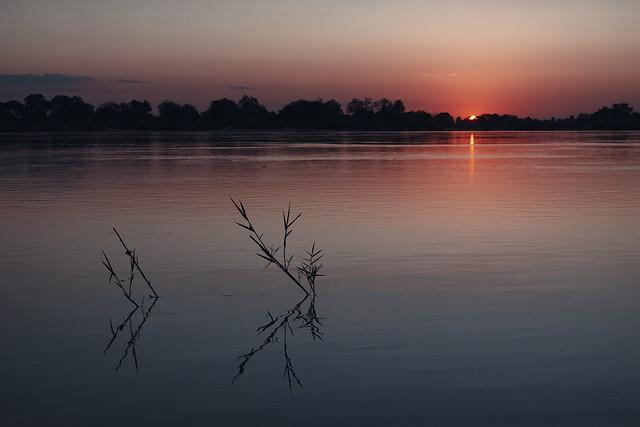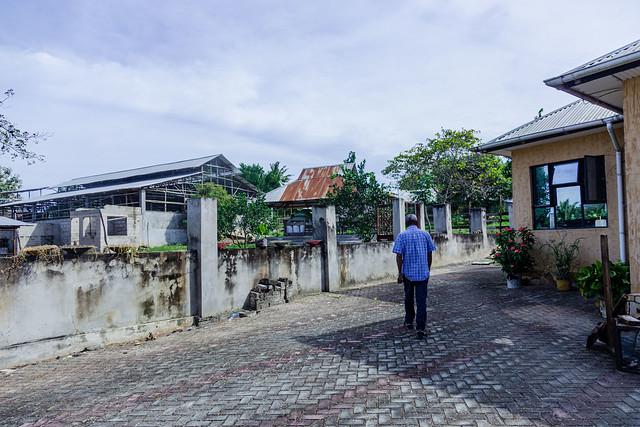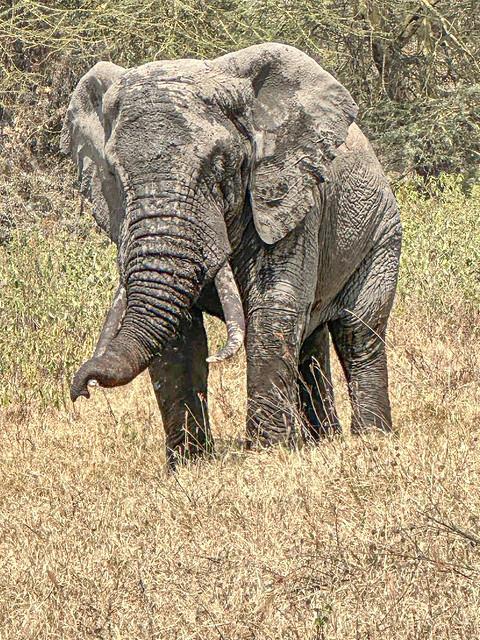Pwani
Overview
Overview of Pwani Region
Pwani, a coastal region of Tanzania, is known for its breathtaking landscapes, rich cultural heritage, and vibrant local life. Situated along the eastern edge of the country, Pwani is bordered by the Indian Ocean to the east and is often characterized by its stunning beaches, coral reefs, and lush vegetation. The region is less frequented by tourists compared to its neighboring Zanzibar, offering a more authentic experience of Tanzanian culture and hospitality. Visitors can explore the blend of coastal and inland communities, where Swahili traditions and local customs thrive.
Cultural Heritage
The culture of Pwani is a tapestry woven from various influences, including indigenous peoples, Arab traders, and colonial legacies. The Swahili culture is particularly prominent, characterized by its unique language, music, and art. The region is home to traditional crafts, such as handwoven baskets and intricate wood carvings that reflect the artistic expression of the local people. Festivals and events, such as the annual Sauti za Busara music festival, showcase the region's vibrant music scene, featuring genres like taarab and traditional dances. Travelers will also encounter the warm hospitality of the local communities, who are eager to share their stories, traditions, and culinary delights.
Historical Significance
Pwani holds a significant place in Tanzania's history, having been a vital trade route for centuries. The coastal towns, such as Bagamoyo and Pangani, were once bustling ports where traders exchanged goods like ivory, spices, and slaves. Bagamoyo, meaning "lay down your heart" in Swahili, served as a key departure point for many slave ships and has a poignant historical narrative. The town is dotted with historical sites, including the Old Boma, the German Boma, and the famous Bagamoyo Arts and Cultural Institute, which offer insight into the region's colonial past and its impact on contemporary society.
Natural Beauty
The natural beauty of Pwani is breathtaking, with a diverse landscape that includes pristine beaches, lush mangroves, and vibrant coral reefs. The coastline is dotted with idyllic beaches such as Kiwengwa and Mafia Island, where travelers can indulge in sunbathing, snorkeling, and diving among colorful marine life. The Jozani Forest, situated on the nearby island of Zanzibar, is another natural treasure where visitors can witness endemic species like the Red Colobus monkey in their natural habitat. The region’s natural allure is complemented by its rich biodiversity, making it a paradise for eco-tourists and nature enthusiasts.
Local Cuisine
A visit to Pwani would be incomplete without savoring its delicious local cuisine. The food here is a delightful blend of flavors influenced by the Indian Ocean and Swahili culture. Fresh seafood is a staple, with dishes like grilled fish, calamari, and octopus being local favorites. Street food stalls and markets offer a variety of snacks, including samosas, kebabs, and ugali, a traditional maize porridge. Travelers should not miss trying Zanzibar pizza, a savory treat filled with an assortment of ingredients, and coconut curries that highlight the region's tropical bounty. Dining in Pwani is not just about food; it’s an experience that reflects the warmth and vibrancy of the local community.
Local Characteristics
The atmosphere in Pwani is relaxed and welcoming, making it an ideal destination for travelers seeking both adventure and tranquility. The pace of life is slower than in bustling cities, allowing visitors to immerse themselves in the local way of living. Markets are filled with the sounds of bartering, laughter, and the enticing aromas of local dishes being prepared. Traditional fishing boats, known as dhows, dot the coastline, and local fishermen can often be seen casting their nets as the sun rises over the horizon. The region's friendly locals, who often greet visitors with a smile and a warm "Karibu" (welcome), make Pwani a truly special and memorable place to explore.
How It Becomes to This
History not available

You May Like
Explore other interesting states in Tanzania
Discover More Area
Delve into more destinations within this state and uncover hidden gems.










